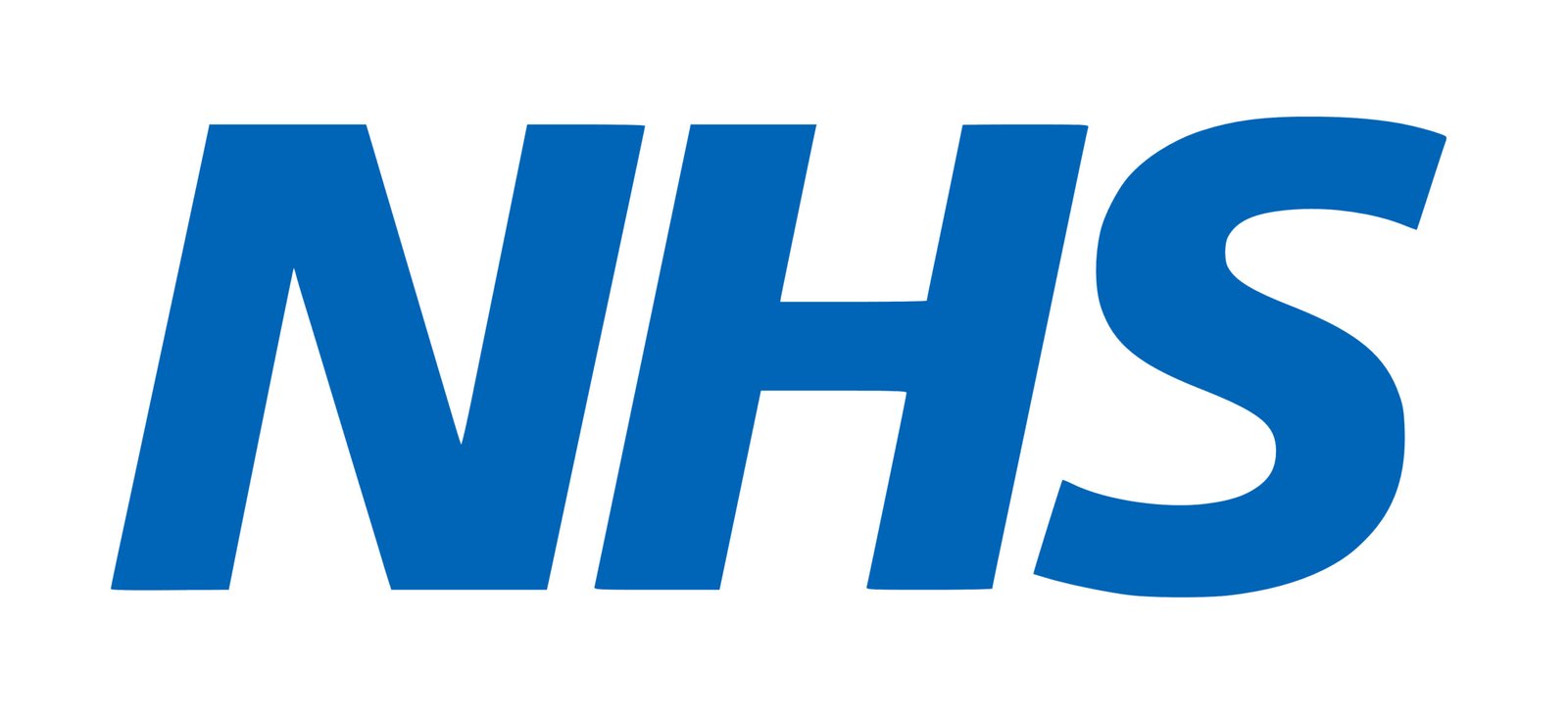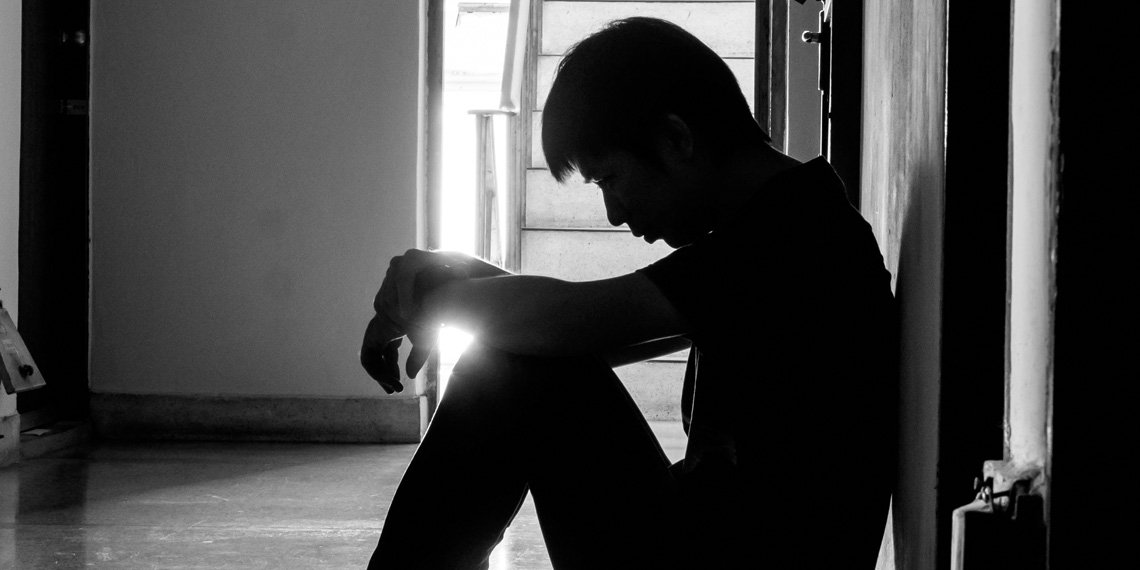‘There’s an industry-wide psychological well being disaster’_ authors and publishers on why the books sector wants to alter

Writer and writer welfare has been a scorching matter within the books {industry} of late. Publishing homes, commerce unions and {industry} our bodies have scrambled for options following a survey by the Bookseller during which debut authors reported overwhelmingly unfavorable publication experiences: greater than half of respondents stated the method adversely affected their psychological well being. Now, a collection of measures are being rolled out throughout the {industry} in response to those considerations.
This month, Anna Body, communications director on the unbiased writer Canongate, has confirmed varied initiatives are being mentioned, together with an authors’ handbook in partnership with the Society of Authors (SoA) and a useful resource pack for publishers, together with English Pen. Canongate has additionally introduced that it’s going to publish fewer books in order that it may possibly dedicate extra time to authors.
These discussions observe information that the Orion publishing group will set up an academy for debut novelists with the goal of “demystifying the method and making certain expectations are clear”. In the meantime, the Publishers Publicity Circle (PPC) is launching free media coaching and disaster communications periods for publishers.
Plenty of authors I do know really feel fairly powerless. We’re the product, however we aren’t a member of the staff Imogen Hermes Gowar
Ed Gillett – whose debut e-book Celebration Strains will come out in August – stated that working along with his writer Picador was a “actually constructive” expertise. Nevertheless, he added that writing a e-book could be isolating. “I signed my deal throughout lockdown, which was clearly a interval of significantly acute disconnection for everyone, however that sense of working in a little bit of a bubble has persevered.”
Imogen Hermes Gowar revealed her first novel, The Mermaid and Mrs Hancock, in 2018. She described her writer and agent as “faultlessly supportive”, however stated that she may have been higher ready.
“It impacted my psychological well being gigantically. For me it was the whole change in standing. I used to be 28 after I offered my e-book and […] I used to be used to being the intern, or the temp, or the volunteer juggling day jobs in cafes and care work to pay my payments. Out of the blue I used to be handled like crucial individual within the room, and it actually did a quantity on me. I doubt it could have occurred to anybody that this may be the case.
“For publishing professionals, for whom that is all actually simply one other day on the workplace, it’s straightforward to miss the truth that for a debut writer it’s a once-in-a-lifetime incidence.”
She added that clearer communication all through the method would have eased her considerations. “Plenty of authors I do know really feel fairly powerless and shut out from decision-making. We’re the product, however we aren’t a member of the staff […] it’s further alienating to really feel that choices instantly regarding our work and careers are sometimes not shared with us.”
Lily Dunn, whose memoir Sins of my Father was revealed in 2022, echoed this: “A lot anxiousness comes from not understanding what to anticipate […] ready for a response, and the agent or editor who’s juggling any variety of books and subsequently can’t all the time give the writer what they want there after which.”
Gillett and Gowar each steered that formalised peer-to-peer assist would allow debut authors to navigate the method extra confidently, whereas Gowar stated she would have favored to see a publication timeline originally of the method. Nevertheless, she additionally acknowledged the immense stress that publishers are underneath already.
“It should be extremely sapping as an editor to really feel answerable for your authors’ psychological well being when your individual is in freefall. The measures which might be being proposed could be nice in the event that they actually work and aren’t simply lip service, however there’s an industry-wide psychological well being disaster that basically must be addressed.”
skip previous e-newsletter promotion Signal as much as Bookmarks Free weekly e-newsletter Uncover new books with our skilled critiques, writer interviews and prime 10s. Literary delights delivered direct you Privateness Discover: Newsletters might comprise information about charities, on-line advertisements, and content material funded by outdoors events. For extra info see our Newsletters might comprise information about charities, on-line advertisements, and content material funded by outdoors events. For extra info see our Privateness Coverage . We use Google reCaptcha to guard our web site and the Google Privateness Coverage and Phrases of Service apply. after e-newsletter promotion
‘Publishing is a staff sport’ … Anna Body, communications director at Canongate
Andrea Henry, an editorial director at Picador, stated that publishing professionals are anticipated to work evenings and weekends as a matter in fact. In a earlier job, when she was a senior editor, Henry remembers being requested by a publishing director to learn a manuscript. “I used to be anticipated to do it over the weekend and report again on Monday as to what sort of an edit could be required”, she stated. “I used to be splitting up with my long-term boyfriend that weekend and we have been transferring out of our shared flat, going our separate methods. It was going to be gruelling. I stated I couldn’t learn it, and why, however she nonetheless appeared a bit unconvinced.
“We’re not on the NHS frontline, are we? Nonetheless, it’s – unexpectedly – a job that takes its toll, as a result of it bleeds into our personal lives. ‘It’s a life-style,’ is commonly the way it’s defined. It is extremely arduous to modify off.”
Sabah Khan, the top of publicity throughout grownup fiction and non-fiction at Simon & Schuster UK, stated that publishers right this moment are dealing with a uniquely demanding cocktail of circumstances. “I believe the pandemic actually blurred the traces of what being obtainable for work means – though the entire {industry} has been speaking about burnout and psychological wellbeing for some time.”
By means of their cross-sector initiatives, Body, the SoA and the PPC are hoping to sort out these points. Body stated: “The second when a e-book reaches publication is vastly thrilling for writers, however it may possibly really feel exposing and hectic, too.”
“Usually the burden of offering emotional assist for authors throughout this susceptible time falls to publicists, editors and brokers, who aren’t psychological well being professionals,” she identified. “That pastoral care is significant, however as an {industry} we’ve got to acknowledge the necessity for skilled sources, too, and supply entry to that assist. Publishing is a staff sport, and having the troublesome conversations at an earlier stage within the course of will assist us shield our personal psychological well being, and that of the writers we’re working with.”
The SoA is at present in search of sponsorship for its writer handbook, which Gillett, Gowar and Dunn all agree is a step in the appropriate route. Khan and Henry are optimistic about Canongate’s plans to publish fewer books. Nevertheless, Henry stated that useful resource packs might show insufficient. “The {industry} is a little bit of a wild west. I’m undecided you possibly can wrangle it right into a handbook.” In the end, she stated, the answer is clear: “Fewer hours, more cash!”
Within the UK, the charity Thoughts is obtainable on 0300 123 3393 and Childline on 0800 1111. Within the US, Psychological Well being America is obtainable on 800-273-8255. In Australia, assist is obtainable at Past Blue on 1300 22 4636, Lifeline on 13 11 14, and at MensLine on 1300 789 978



